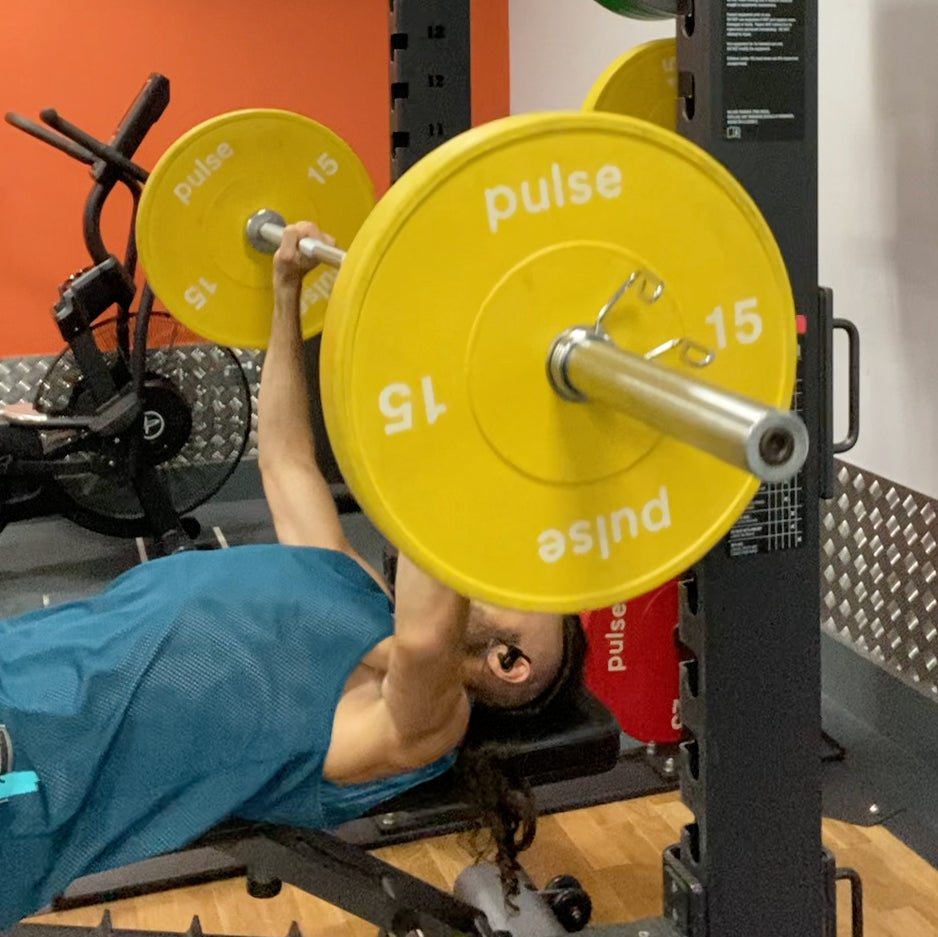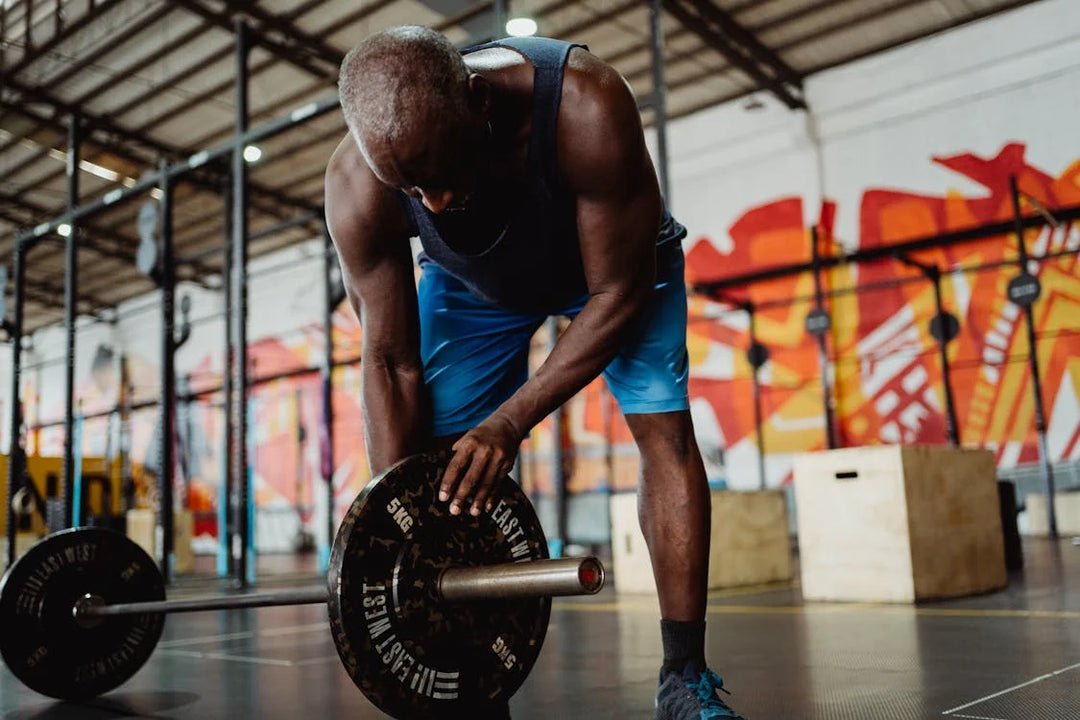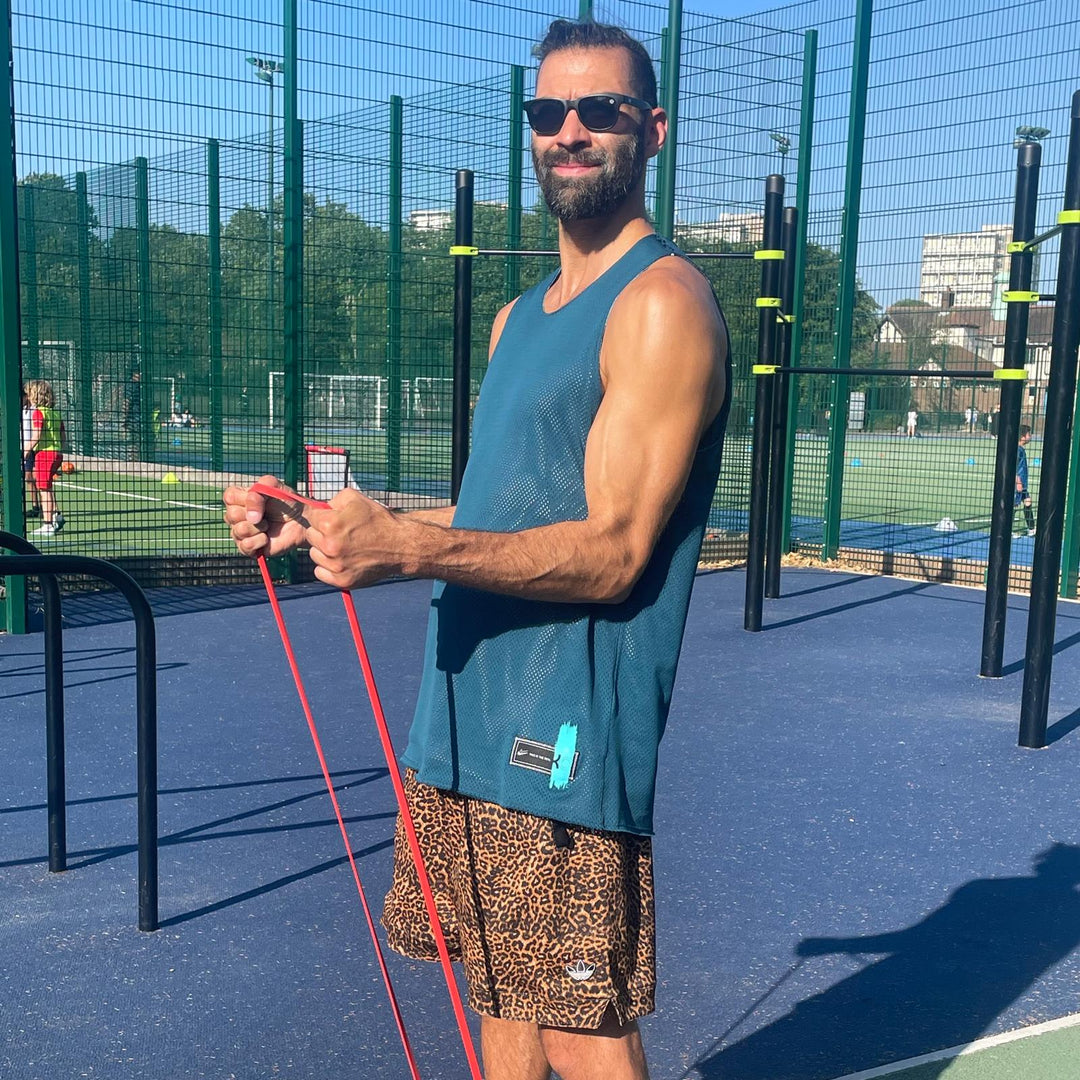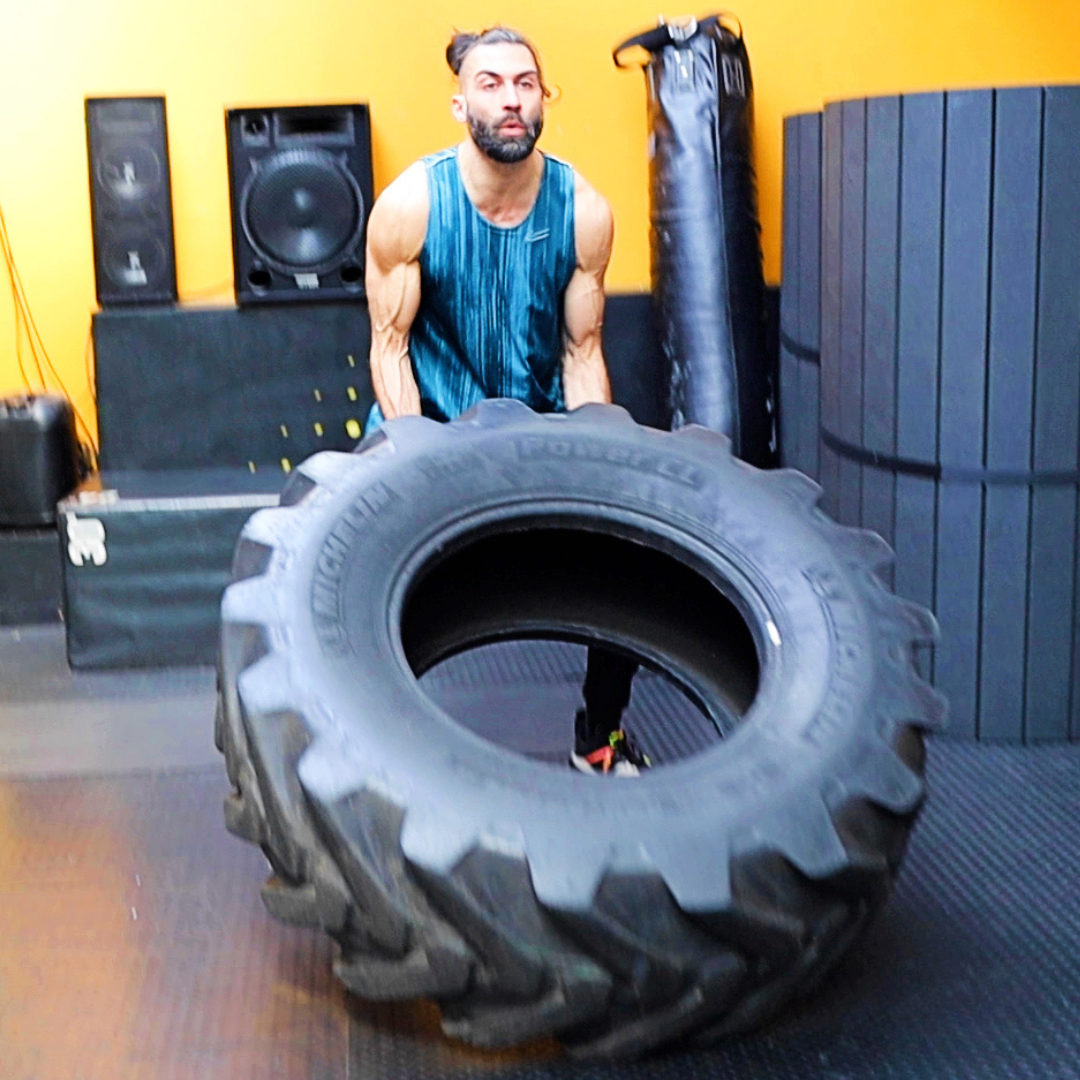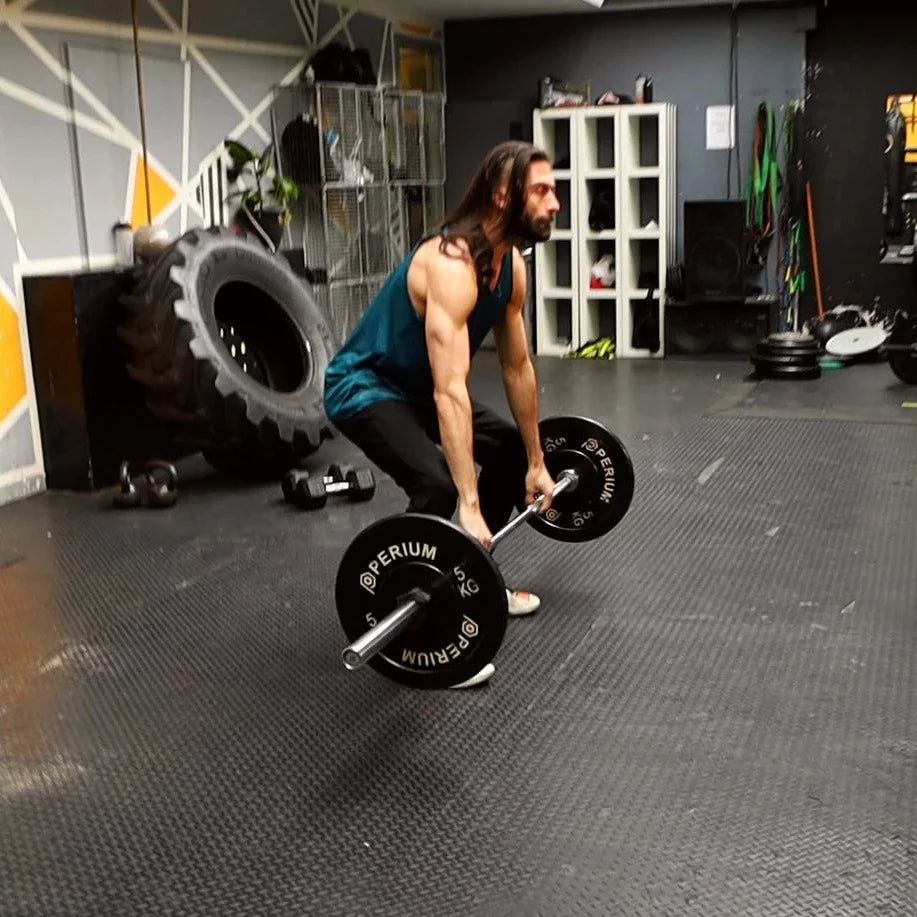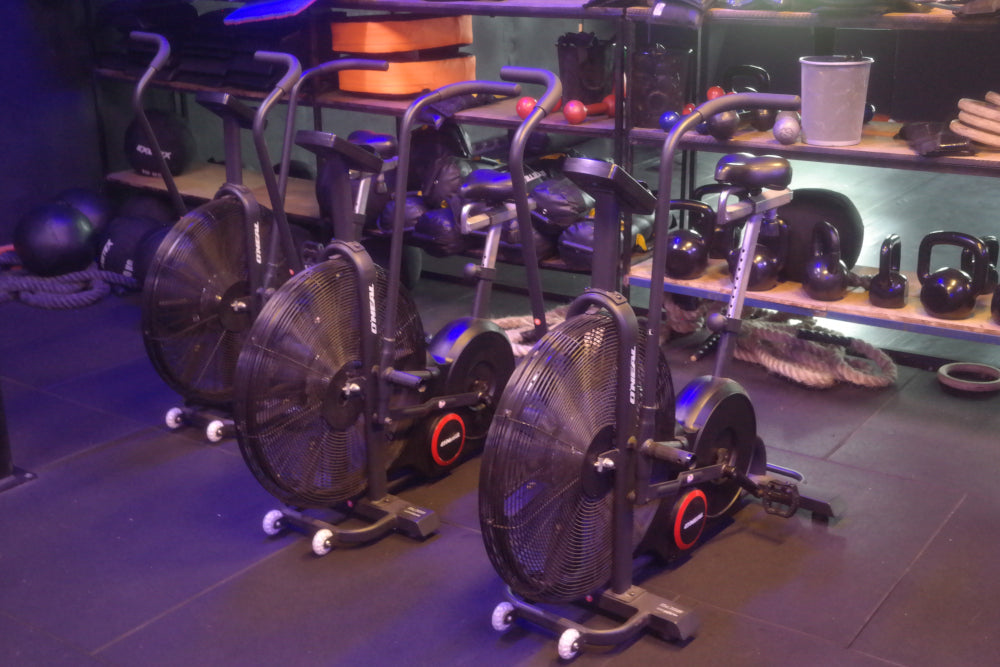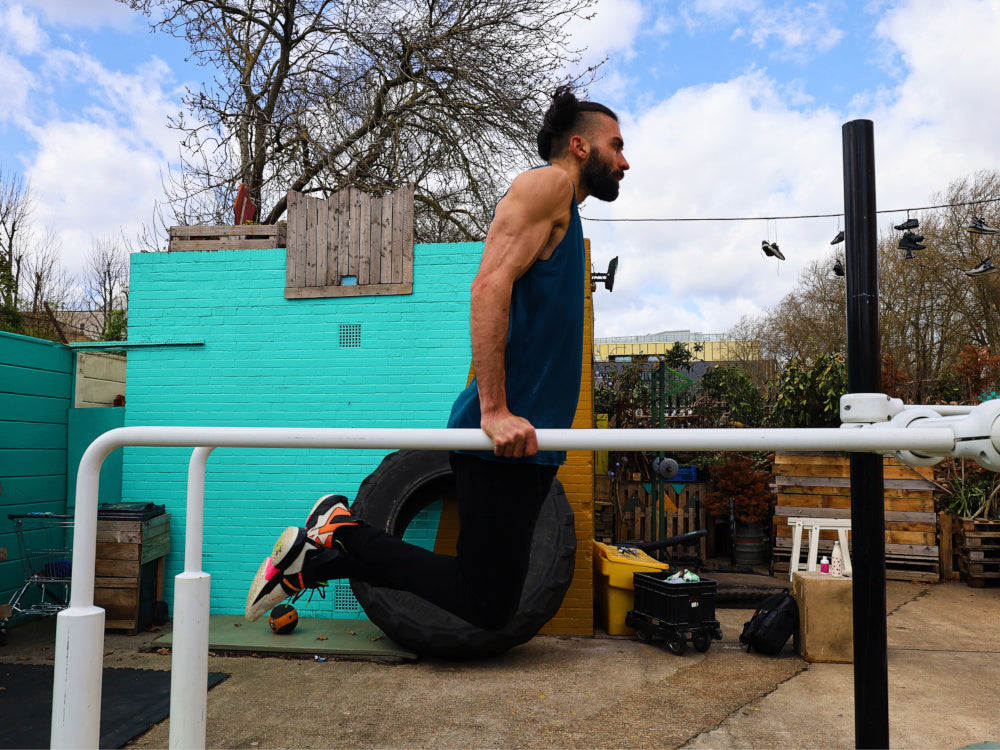Listening to your body and knowing when to adjust your goals - Part 2
So... What do you do at 10 pm when you think you might have a head injury? I got in touch with my teammates and told them what I suspected. They confirmed that it sounded a lot like a concussion and gave me some advice on what to do next.
Again, none of us had medical backgrounds, and we were trying to do our best to assess the situation and decide on what to do, based on our various experiences with head traumas.
The first thing I did was to ask my partner to check my pupils. They were normal. We checked my vision, it seemed okay-ish. The headache was stable, and the nausea as well, but they did not seem to warrant a call to emergency services. I decided to wait until the following morning and try to get a doctor's appointment and take things from there.
Again, this was my decision, based on the feedback my body was giving me, and I am not encouraging anyone to do the same. If things had been worse, I would have gone to the hospital. When head trauma is involved, medical attention is key.
In my case, it turned out to be a mild concussion, and I was assessed by a doctor as soon as possible after the accident.
This is where the real journey began. This is where the long road to recovery began. The scariest part wasn't hitting my head and realizing I had a concussion. Don't get me wrong, it was pretty scary, and it is an enduring trauma. I am still nervous when something touches my head, and scared of hitting it again, but it wasn't the worst part.
No, the hardest thing is realizing that from this point on, your brain and body are not able to function as they would normally do. There are many theories about how to best recover from concussions. I do not pretend to know which one is best.
But I quickly understood that what my brain and body needed most was rest. In order to recover and hope to resume my usual activities, I needed to take a break—a real one. A laying-on-the-couch, listening-to-meditation-and-yoga-nidra-podcasts-for-hours-on-end kind of break. No screens, no sports.
I'm sure I don't have to tell you how coming to an abrupt stop for someone who is used to doing 1 to 2 hours of sports per day feels. How having to interrupt everything and "do nothing" for hours and days on end is an ordeal.
I had to call a time-out on myself. To fully focus on the signals I was getting from my body, to learn to listen even more than usual, and slowly re-learn how and when to push myself gradually and advance on the long road to recovery.
That is why I am so passionate about listening to my body and brain, about recognizing when you truly need a break. Coming from a yoga background, I am used to that, but this was a whole new scale.
In the next part, I will share with you some healing techniques that worked for me and how I coped with the situation in general. Stay tuned.


